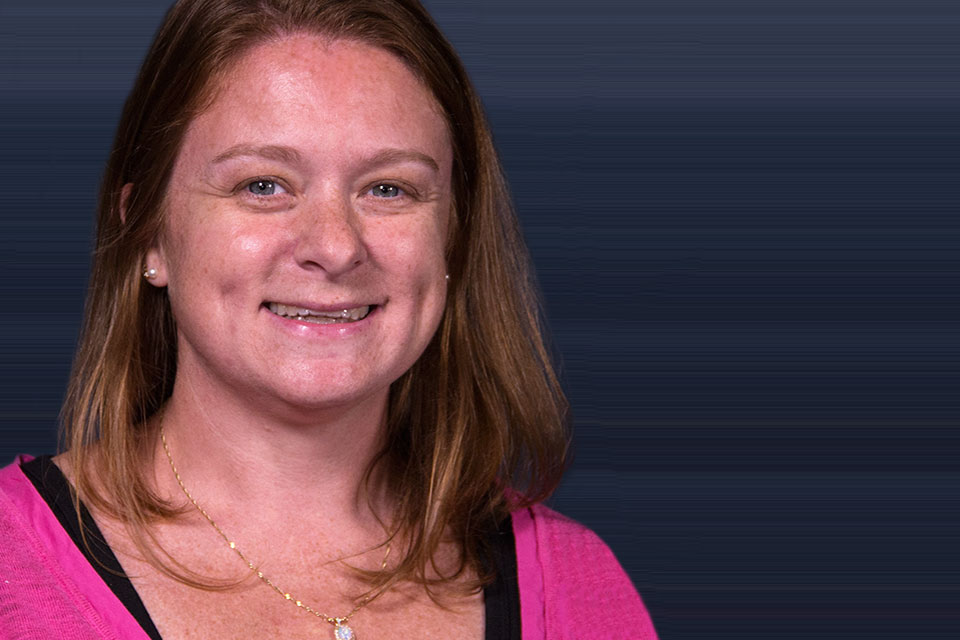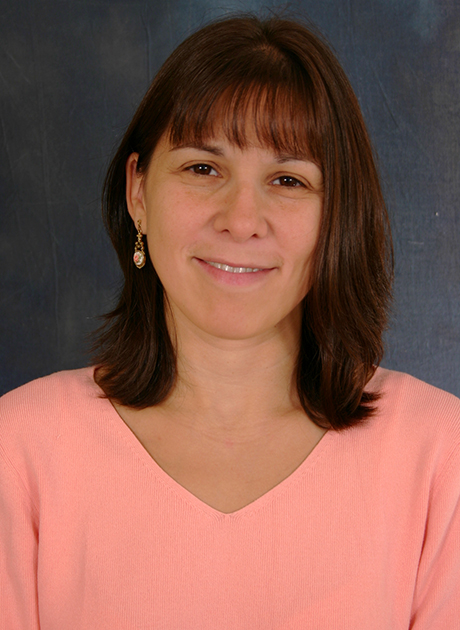Leading Psychiatric Pharmacy Society Votes SOP’s Love President-Elect
College of Psychiatric and Neurologic Pharmacists (CPNP) releases 2014 officer election results; Dr. Raymond Love to serve as organization’s new president-elect.
By Malissa Carroll
January 30, 2014
Raymond Love, PharmD, BCPP, FASHP, professor in the Department of Pharmacy Practice and Science (PPS) at the University of Maryland School of Pharmacy, has been named president-elect of the College of Psychiatric and Neurologic Pharmacists (CPNP). With his term scheduled to begin on July 1, Love will also serve as president of the organization for 2014-2015 and as past-president for 2015-2016.
“Dr. Love’s election as president of CPNP is a testament to his expertise in and commitment to the field of psychiatric pharmacy,” says Natalie D. Eddington, PhD, FAAPS, FCP, dean and professor of the School of Pharmacy. “As director of the School’s Mental Health Program, Dr. Love has ably led what can be a complex and challenging system of medication administration and patient care for an extremely vulnerable patient population. I’m confident he will bring the same tenacity, compassion, and leadership to his role as president of CPNP.”
Established in 1998, CPNP is a professional pharmacy association dedicated to promoting excellence in pharmacy practice, education, and research to optimize treatment outcomes of individuals affected by psychiatric and neurologic disorders. As one of the group’s founding members, Love has served in a number of positions and represented the organization on several pharmacy stakeholder groups, including one that provided input on the Patient Protection and Affordable Care Act and another that seeks to establish provider status for pharmacists.
In 2010, he received the organization’s highest honor – the Judith Saklad Award – in recognition of his continuing dedication to the practice of psychiatric pharmacy.
“We are honored that Dr. Love has been selected to serve as president-elect of CPNP,” says Magaly Rodriguez de Bittner, PharmD, BCPS, CDE, FAPhA, professor and chair of PPS. “Throughout his career, Dr. Love has remained dedicated to improving pharmacy services for individuals with psychiatric and neurologic illnesses. As director of the School’s Mental Health Program, his work has led to a number of innovations in clinical pharmacy services, dose optimization, statewide data tracking, central formulary management, drug use analysis, and prior authorization. We are confident that, under his leadership, innovations such as these will continue to evolve and help advance treatment outcomes in the field.”
Since 1983, the Mental Health Program has partnered with the Department of Health and Mental Hygiene to improve medication use and safety for patients who are served by Maryland Mental Hygiene Administration facilities and Maryland Medicaid. Its Psychiatric Pharmacy Practice Residency Program was the first residency program established at the School of Pharmacy. Love hopes his new leadership role in this national professional society will help expand education, practice, and research opportunities for faculty, staff, students, and residents at the School of Pharmacy.
“I am excited to have this opportunity to help lead an organization that is committed to enhancing treatment for those individuals affected by psychiatric and neurologic disorders,” says Love. “Throughout my career, I have been committed to furthering the role of pharmacists in improving mental health care for vulnerable populations. I also hope that my presidency further contributes to the reputation of the School, the PPS Department, and the Mental Health Program, and provides additional opportunities for all members of the School’s community.”
When he assumes the role of president of CPNP in July, Love will chair the Board of Directors, serve as the primary representative of the organization, outline goals for both the organization and its internal committees, participate in strategic planning, mentor future leaders in the profession, and foster teamwork among officers, committee chairs, and staff.



